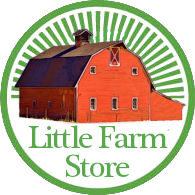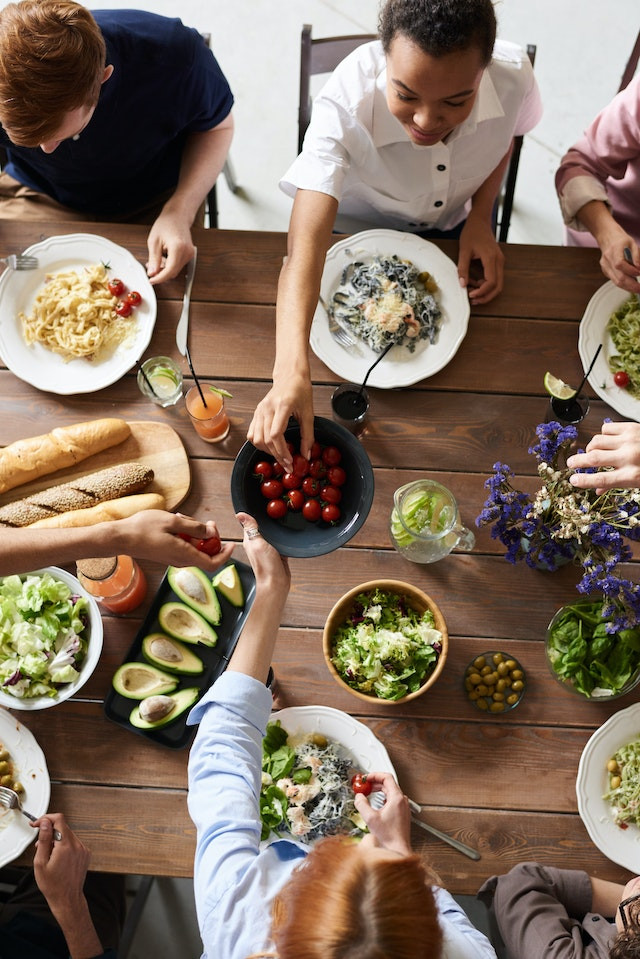A Case for Local Food
posted on
March 10, 2023
A Case for Local Food
By Rene Cleveland
If people spent just 10% of their weekly food budget on local goods, we would change the market. That’s $10 out of every $100. That’s an inexpensive means to make a big change in and around our communities.
Of course, all the local producers would like to see people spend more than $10, but it puts into perspective how we can each make big differences in small ways. We all know that massive, industrial food production is wreaking havoc on the environment and our health. We know that most of the industrial feed operations that grow the world’s meat supplies do not value the natural state of the animals in their facilities and the ramifications are detrimental. We know that the produce, grown in lifeless soil and sprayed with chemicals and shipped long distances, lacks the natural nutrient profile it is supposed to have. So what do we do about it?
We know that “Insanity is doing the same thing over and over and expecting different results” (Albert Einstein). Yet, as a whole, we consistently do just that. Perhaps it is the feeling of powerlessness or the unavailability of different options that drives people to rely on conventional behaviors. However, with more and more people becoming aware of the consequences of some of these “normal” operations, and looking for or creating different solutions, we now have the ability to make change by choosing where to spend our valuable market dollars.
Upfront, it may seem crazy to spend $9 on local chicken thighs vs the seemingly inexpensive super market price of $5. But that $9 carries far more weight and accomplishes so much more. It goes towards paying the small producer for his extra time to properly care for the chickens in his flock. It pays for him to do small batch processing, so that customers get fresher meat raised on healthy foods. It pays for the expenses of local delivery. Small producers and distributors have higher overhead costs because they do not get the benefits of subsidized markets or industrial bulk prices. Purchasing local food ensures that you are getting better quality food on your table to secure greater health for your family. Circulating your money closer to home also promotes the prosperity of your community, instead of sending it away to multinational corporations.
The organic food movement is proof that this 10% model works. A decade ago, organics were only available in health food stores and small sections of upscale grocers. Now, we see organic foods everywhere - granted there’s a separate discussion about accurate labeling here, but we will save that for another day. The point is, people spent money on organic food and influenced market change. The same thing can be done to support local food. With some hesitation about sounding like a doomsday-er, food is survival. If communities build stable, local markets, they increase autonomy and economic viabililty. Food is also health. We are what we eat.
Food is one of the most important purchases we make. Great health starts with healthy food. A shift in perspective about the importance of the food we buy is necessary in our culture. It is just like everything else; you get what you pay for. Spending those few extra dollars on local products pays for neighbors to keep the business going and allows you access to truly superior, healthy food options. Rather than paying for animals raised on nasty feed lots or in crowded, unnatural conditions. Instead, help build access to meat that comes from animals well cared for in natural, clean environments. And, get to know your farmer. The freshest produce is grown just down the road at a farm you can visit. Invest in your own health as well as the wealth of your community by putting your market dollars to work locally.


